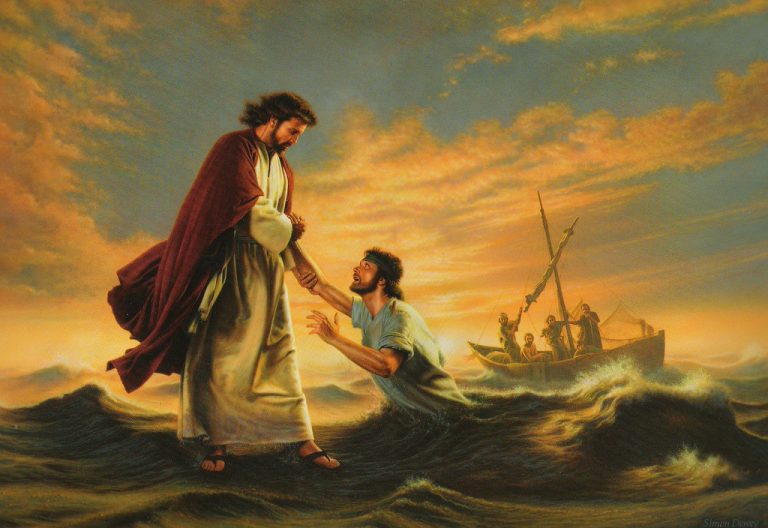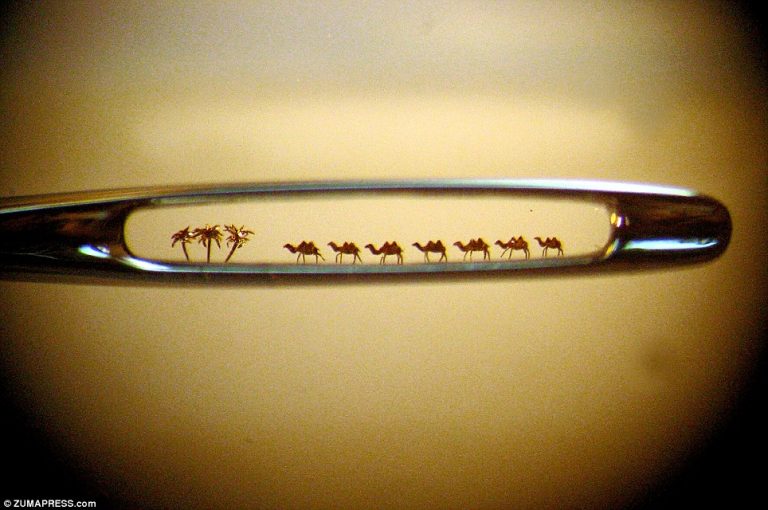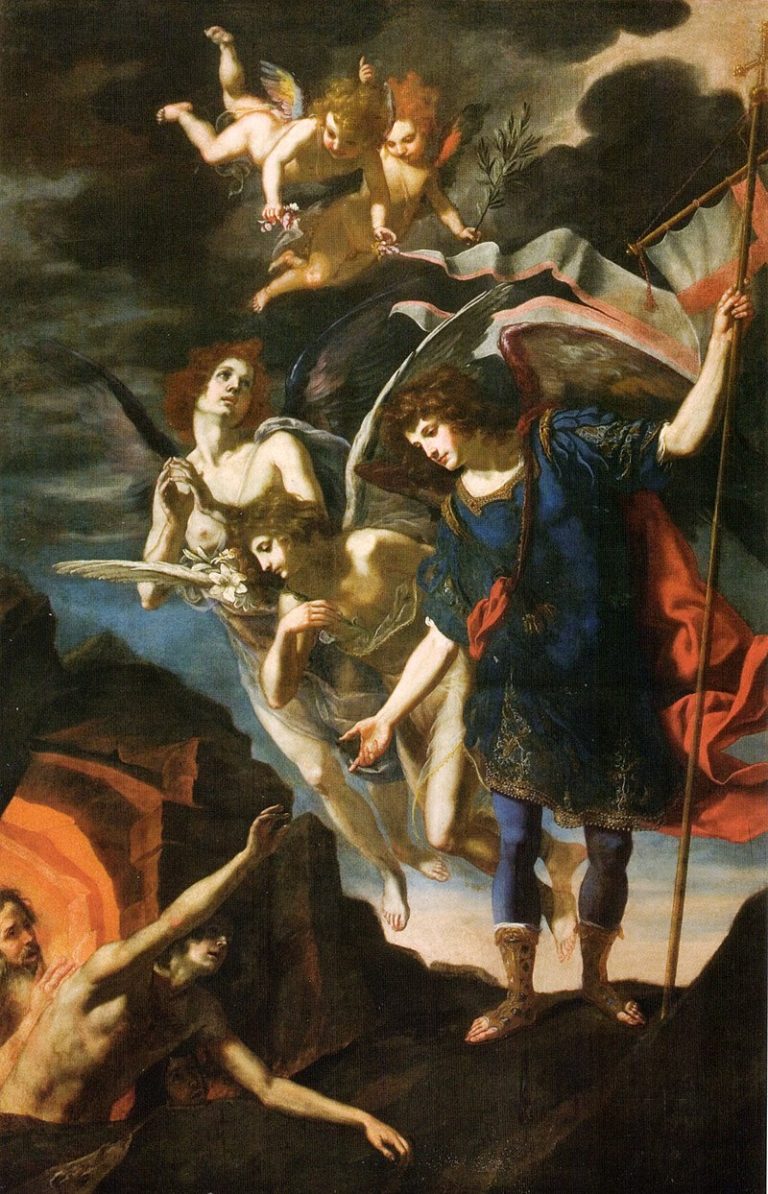Many of us like to think, read, and talk about economic issues. We develop theories as contradictory as night and day. Millions of self-app0inted ec0nomics experts believe “If my principles were adopted, everything would be better.”
At any given time, there are about as many proponents of increasing the money supply as there are people believing in a “sounder dollar”. That, of course, can only come about by reducing the money supply.
Basically, there are only two economic theories. They either focus on increasing or decreasing the money supply and tweaking processes connected to whichever change they embrace. The mystery is not so much who is right. The real puzzles are, “Why do they bother?” and “Don’t they get tired of flogging horses that were beaten to death in Babylon?”
Economic theories abound, but all we need to know can be summed up in any number of specific instances. An example of how Catholic Fundamentalism tells us all we need to know about economics:
The Moslem Empire’s fleet was obliterated at the Battle of Lepanto in 1571. Their main source of income, raiding coastal towns around the Mediterranean Basin, looting, and kidnapping people to sell into slavery, was curtailed. Soon, their Empire’s money was devalued. Soldiers complained when their salaries bought less when they began to be paid in silver coins that were minted “as thin as willow leaves”.
The economics lesson is clear. The person, family, or nation that no longer adds value grows weaker.
Today, fewer people than ever are needed to add value by producing and supplying ever-vaster amounts of goods and services thought to be needed. Food, clothing, manufactured items, ordinary medicines, and raw materials are cheaper now than ever because a shrinking handful of people are free to be more productive than any humans have ever been.
Few of us recognize what’s going on around us as an economic miracle. An imaginary conversation in which we went back in time to inform Thomas Jefferson: “Today, all poor Americans, some descended from slaves, are being given free food, housing, schooling, water, medical care, heating, air conditioning, electricity (“And what, good sir, is ‘electricity?”), along with bus passes and a way to freely chat with others dozens of miles away even as they have been blessed with life expectancies comparable to the wealthiest.” would make him think the world had gone mad.
Looked at in the perspective of time, it’s hard to argue with that. Our poorest Americans have more than yesterday’s millionaires. The bizarre nature of having poor people who are so wealthy is a lunacy compounded by the fact that the recipients of such largess spend most of their time, and much of the little effort they devote to anything except immediate gratifications, bitterly complaining for not having been given much, much more.
That last sentence sums up another way that Catholic Fundamentalism tells us all we need to know about economics.








